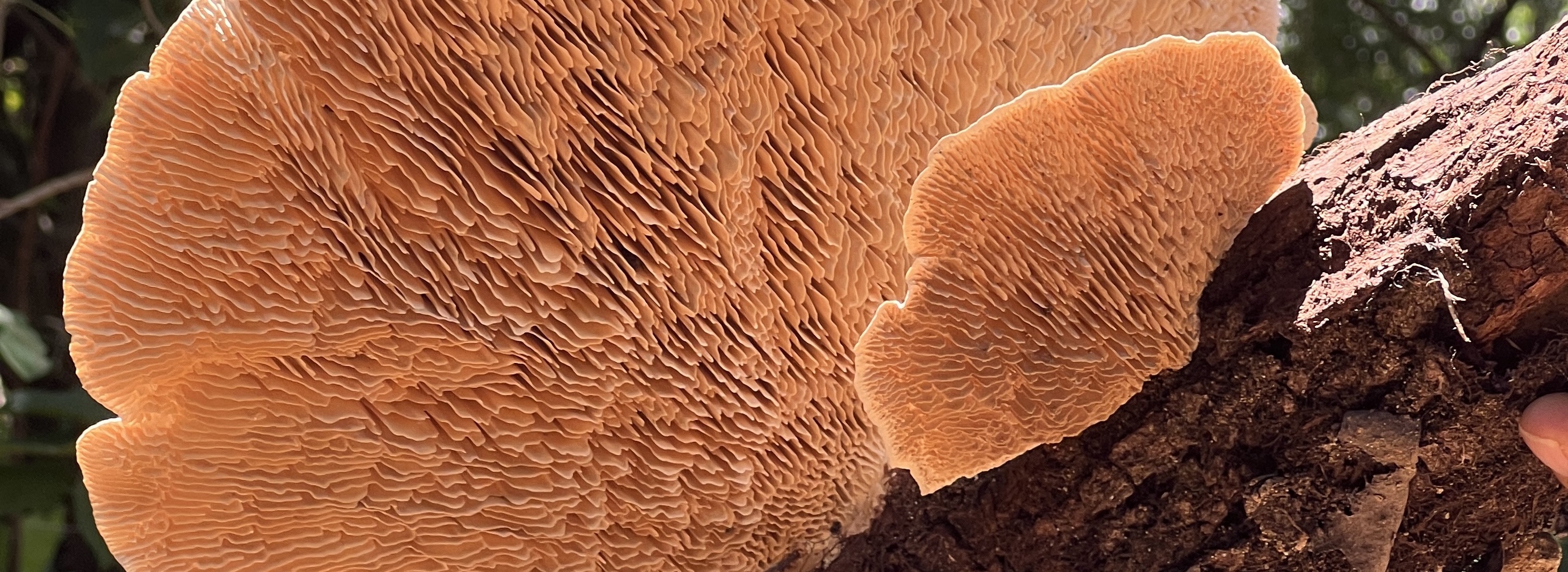
Monteverde Institute: Tropical Ecology and Conservation
Alternative Title
Área foliar, tamaño de los trabajadores, y el número de mínima en Atta cephalotes
Files
Download Full Text (205 KB)
Publication Date
November 2010
Abstract
Several species of leaf-cutter ants, including Atta cephalotes, exhibit an interesting behavior of hitchhiking minima. Minima are the smallest of the polymorphic castes of leaf-cutter ants and the function and origin of this hitchhiking behavior is not completely understood. There are several hypotheses for this behavior, and the most popular include defense against parasites and cleaning the leaf fragment of contaminants. Studies have investigated some patterns of hitchhiking behavior including different frequencies during day and night and distance from colony. This study examined the relationship between head width, leaf area and the number of hitchhiking minima in A. cephalotes. Ants were collected from a single colony in Bajo del Tigre, Monteverde, Costa Rica. The number of minima, head width, and leaf fragment area were recorded. Ants with mimina present had significantly higher mean head width and carried leaf fragments with greater mean area than those without. This implies that larger ants could require more defenses from parasites or larger leaf fragments contain more contaminants.
Resumen
Varias especies de zompopas, incluyendo Atta cephalotes, exhiben un comportamiento interesante de las mínimas que viajan sobre las hojas. Mínima es la más pequeña de las castas de las zompopas y la función y el origen de este comportamiento no es completamente entendido aún. Existen varios hipótesis para este comportamiento, y la más popular incluye la defensa contra los parásitos y limpiar los pedazos de hoja de los contaminantes. Los estudios han investigado algunos patrones de este comportamiento incluyendo las diferentes frecuencias durante el día y la noche y la distancia al nido. Este estudio examina la relación entre el ancho de la cabeza, el área de la hoja y el número de mínimas en A. cephalotes. Las hormigas fueron recolectadas de un único nido en Bajo del Tigre, Monteverde, Costa Rica. Se anotaron el número de mínimas, el ancho de la cabeza y el área del fragmento cargado. Las hormigas con mínimas presentan cabezas significativamente más grandes y además también cargan trozos más grandes que aquellos sin mínimas. Esto implica que las hormigas más grandes pueden necesitar más defensas contra los parásitos o que los trozos más grandes contienen más contaminantes.
Keywords
Ants--Behavior, Animal--Food, CIEE Fall 2010
Palabras claves
Hormigas--Comportamiento, Animal--Alimentación, CIEE Otoño 2010
Extent
8 pages
Geographic Location
Monteverde (Puntarenas, Costa Rica)
Holding Location
Monteverde Institute
Language
English; Spanish
Media Type
Articles
Format
Digital Only
Identifier
M39-00278
Type
Book
Recommended Citation
Shimek, Daniel, "Leaf area, worker size, and number of hitchhiking minima in Atta cephalotes, November 2010" (2010). Monteverde Institute: Tropical Ecology and Conservation. 348.
https://digitalcommons.usf.edu/tropical_ecology/348


